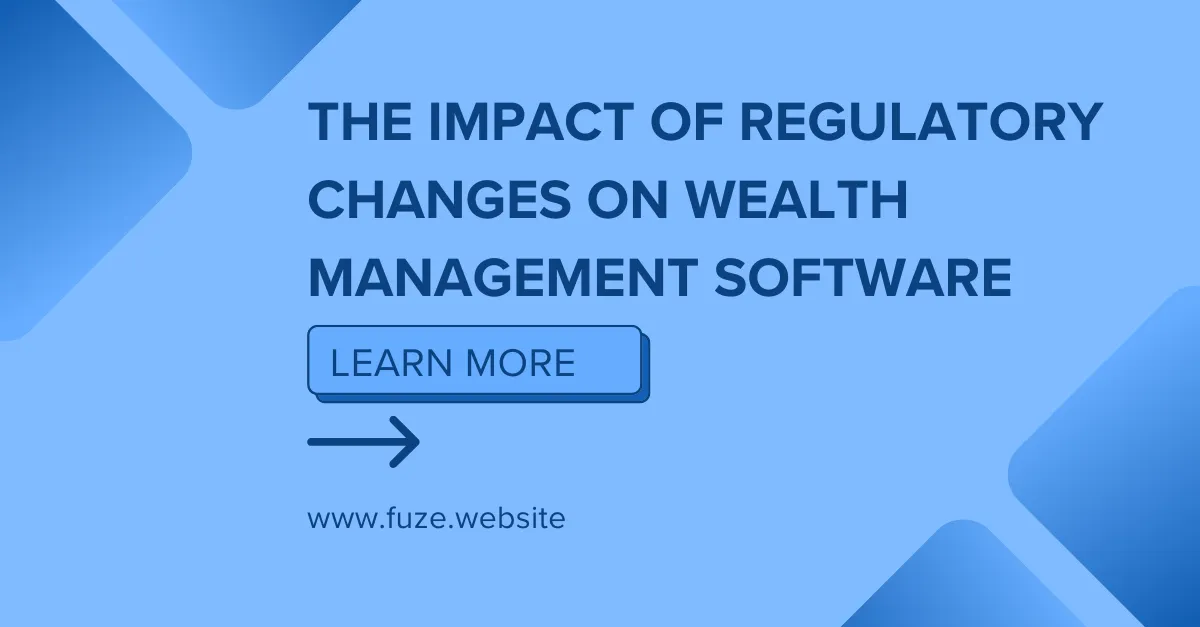Regulatory changes in the financial industry are constant and can significantly impact wealth management firms and the software they use. Here’s how recent regulatory updates are influencing the sector:
- Increased Transparency and Reporting Requirements: Regulatory bodies are demanding greater transparency and more detailed reporting from wealth management firms. This includes comprehensive disclosure of fees, investment risks, and performance metrics. Wealth management software must adapt to these requirements by providing robust reporting capabilities and ensuring data accuracy.
- Enhanced Data Protection Regulations: With the rise in cyber threats, data protection regulations have become more stringent. Regulations such as the General Data Protection Regulation (GDPR) in Europe mandate strict data privacy and security measures. Wealth management software must comply with these regulations by implementing advanced encryption, access controls, and data breach response protocols.
- Anti-Money Laundering (AML) and Know Your Customer (KYC) Compliance: AML and KYC regulations require firms to verify the identity of their clients and monitor transactions for suspicious activities. Wealth management software needs to integrate AML/KYC compliance features, such as automated identity verification, transaction monitoring, and reporting suspicious activities to authorities.
- Regulatory Standards: Regulations are increasingly holding wealth managers to higher standards, mandating that they act in the best interest of their clients. This evolution in regulatory expectations necessitates that software solutions offer comprehensive tools for portfolio management, risk assessment, and performance tracking to ensure that advisors can meet their responsibilities effectively.
- Impact on Technology and Innovation: Regulatory changes often drive innovation in the wealth management software industry. Firms need to stay ahead of regulatory updates and continuously enhance their software to comply with new rules. This includes incorporating features such as real-time compliance monitoring, automated reporting, and advanced analytics.
Adapting to regulatory changes is crucial for wealth management firms to maintain compliance and protect their clients’ interests. By leveraging advanced software solutions, firms can navigate the regulatory landscape more effectively and ensure they meet all necessary requirements.
 04 Jun 2024
04 Jun 2024